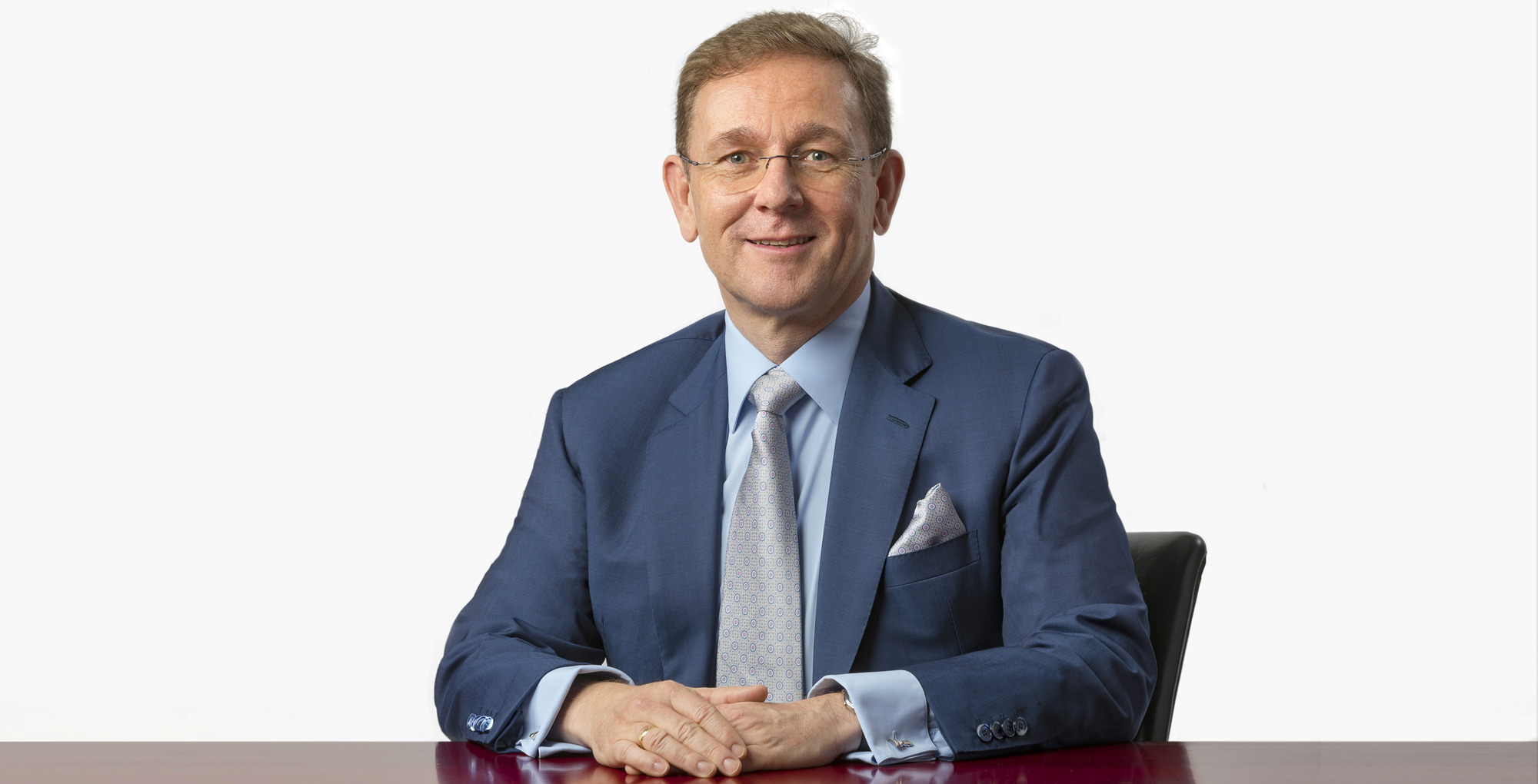
07 Feb Mondi: Turning the page on plastic packaging
Peter Oswald, CEO of the Mondi Group, one of Europe’s leading packaging and paper groups, explains how the e-commerce boom and changes in consumption make for a bright future
What are your priorities for 2019?
The plastics debate that started in the U.K. has become a real tailwind for us, and as a global leader in the manufacture of paper bags and flexible plastics, we are in a unique position to develop new sustainable products in addition to our existing strategies.
For example, we have recently developed a product for launch in 2019, made of two layers that can be recycled separately, and we are now working on the next generation of products which will have just one layer of recyclable material. We firmly believe that a circular economy where packaging can be reused and recycled is an achievable goal. Austria’s plastic recycling is one of the worst in Europe, but their overall recycling is one of the best. We are continually developing innovative products and striving to be more eco-friendly.
Mondi is investing more than 750 million euros in its European plants. What is the advantage of basing manufacture in Europe?
Our comparative advantage and the reason we have better margins than our competitors—our return on capital employed is above 20 percent—is that we have managed to reach the same productivity level and machine efficiency as you would find anywhere in Europe, but based in cost-effective countries like Slovakia and the Czech Republic.
Our strength is also in our continual innovation. We are currently building a machine for an entirely new product, producing one layer of virgin pulp and another of recyclable paper, for a product with significant environmental benefits with the quality of print and appearance required by consumer brands.
The result is a strong white material made out of pulp and wood, which is cleaner, smoother and stronger, but the underside is recyclable. It sounds like a logical progression, but this kind of product is unique, and it will be the first of its kind.
As the western world shifts its focus from plastics to paper, how does Mondi stand to benefit?
We have two product lines at Mondi, paper bags and corrugated cardboard boxes, which have maintained fairly level business for many years. We are the world market leader in the production of kraft paper and of industrial bags, and we can use this position to create more paper products, gradually introducing stand-up pouches and similar items which will replace plastics. We’ve seen a global comeback for paper and we are well in the lead.
What is your outlook for Austria for the next two years?
Austria has built up momentum and I trust that the government will use it to reduce the tax rate and eliminate one of our weaknesses. The company tax rate is actually fairly competitive, but there’s room to improve. It’s very encouraging that after 50 years we have finally achieved a balanced budget.
The work of Margarete Schambröck (Minister of Digital and Economic Affairs) has also brought professional training in Austria to a high level. Her background is with A1 Telekom Austria, and she wants to put Austria at the forefront of digitalization.
The European Union has devised a digitalization training system which will create a proficiency scale of 8, from beginner to university professor. Austria has responded rapidly, and is the first country to implement and support this program—and people of all ages will benefit. Crucially, the program is very broad—these courses are no longer designed only for top executives. Promot- ing high development is very important, but it’s essential that the wider population has the chance to learn.
What is your vision for Mondi?
Mondi has great potential and will be a leader in reducing food and plastic waste. A critical aspect of our company vision is that we contribute to a better world, and we will do so with our sustainable packaging by design, using pa- per where possible and flexible plastic when useful, to protect food and other fragile products.

